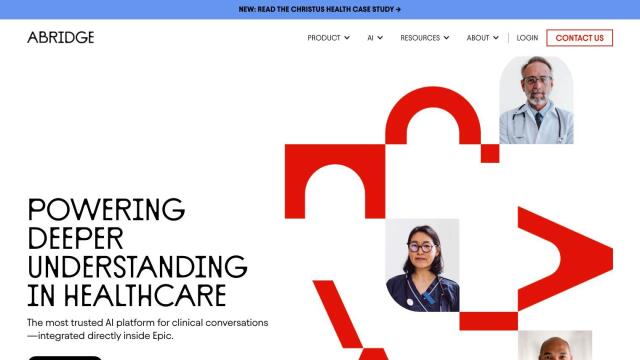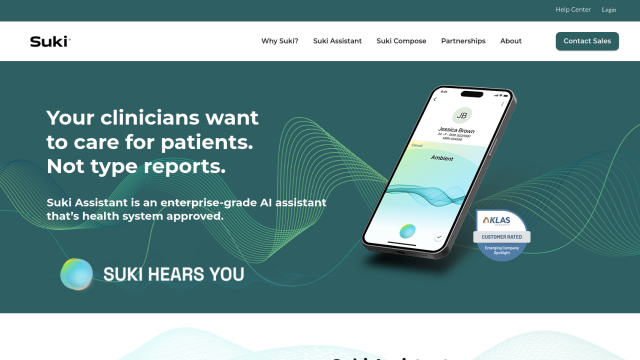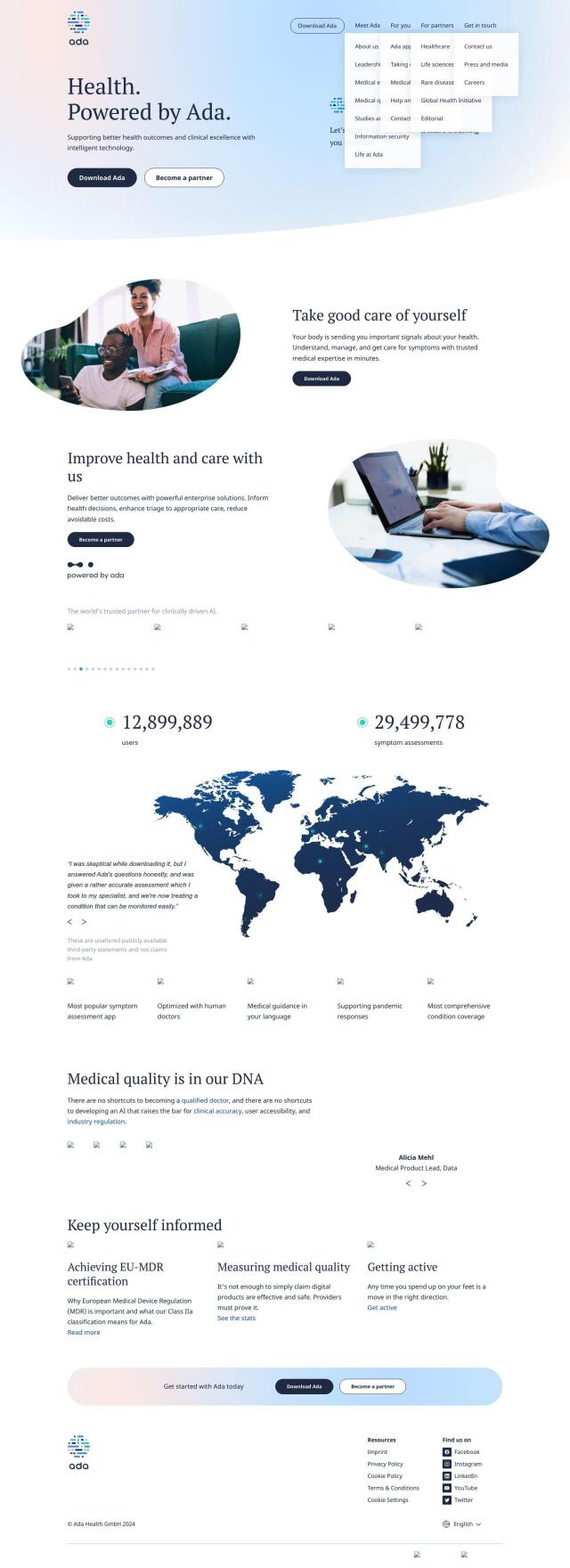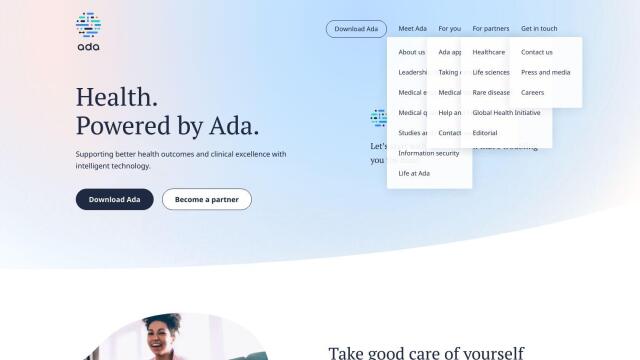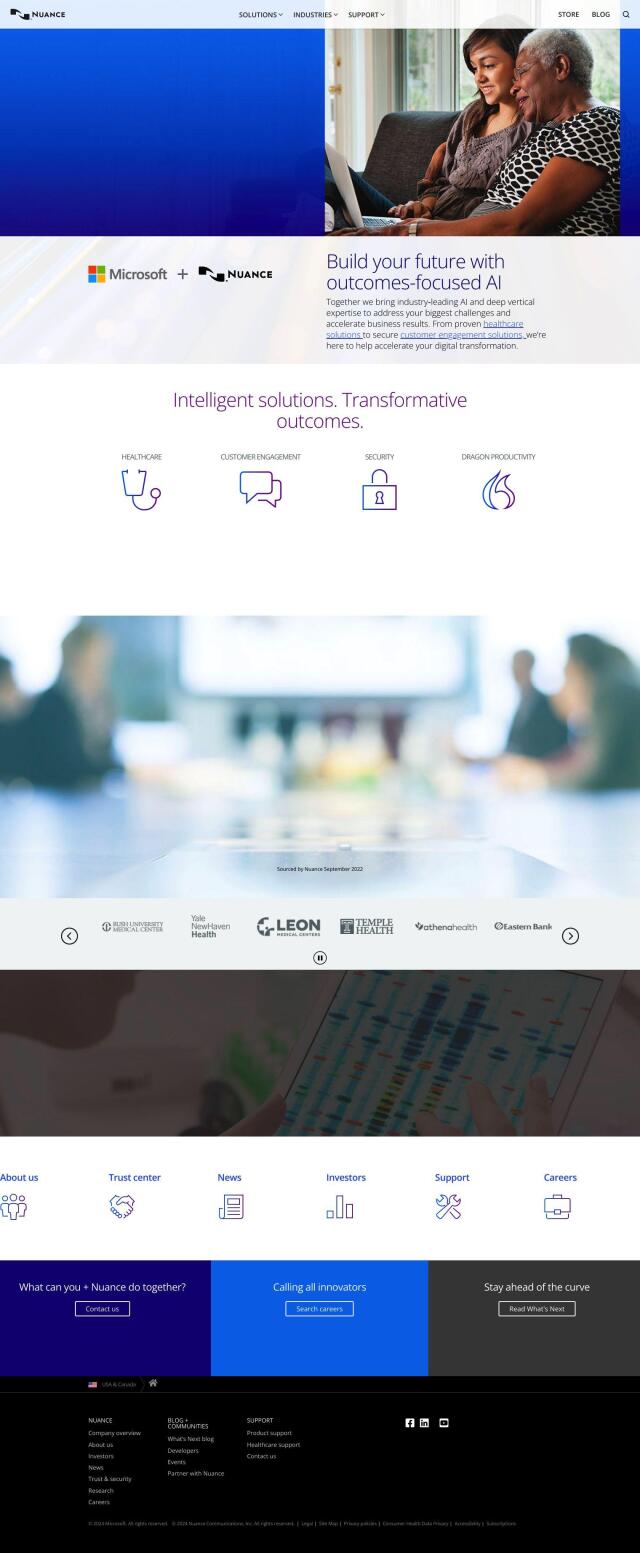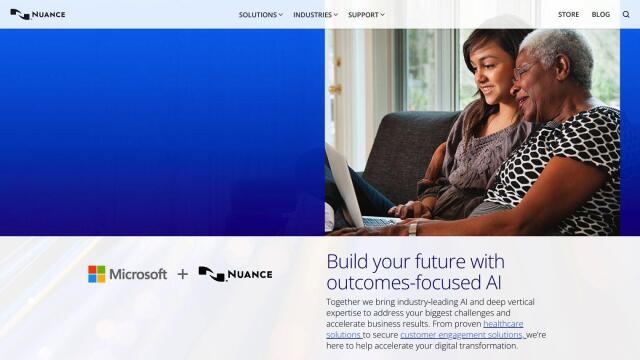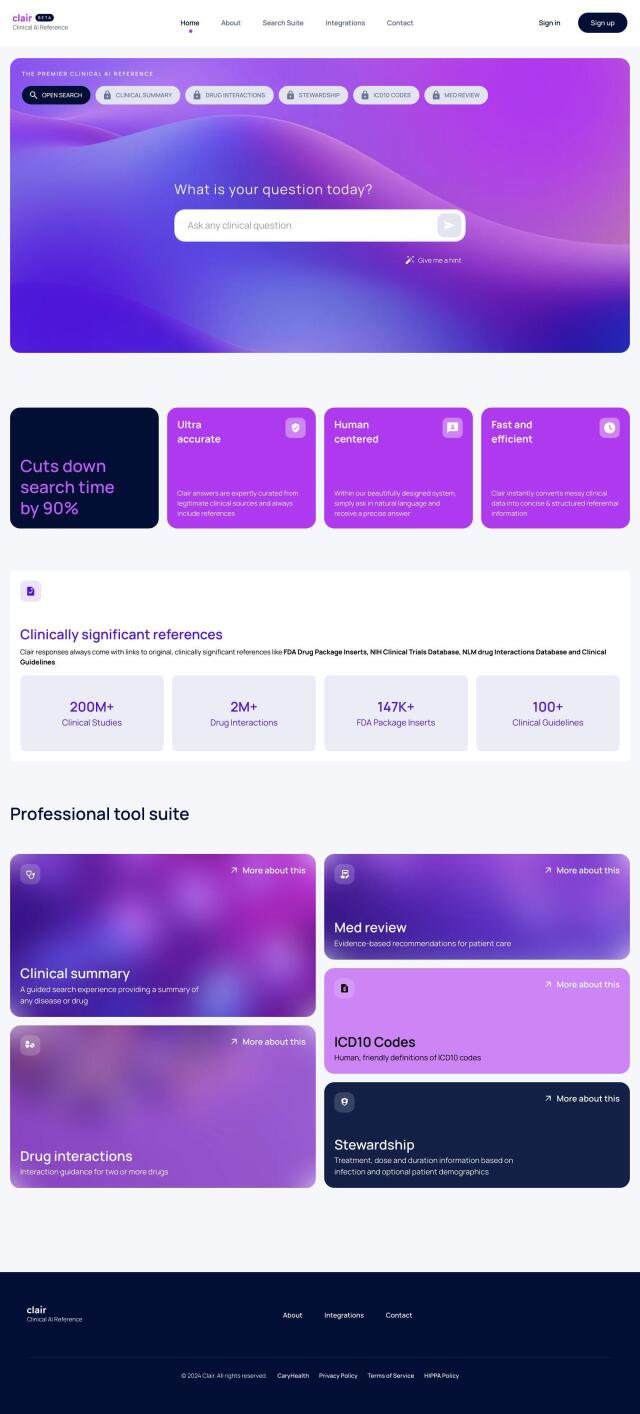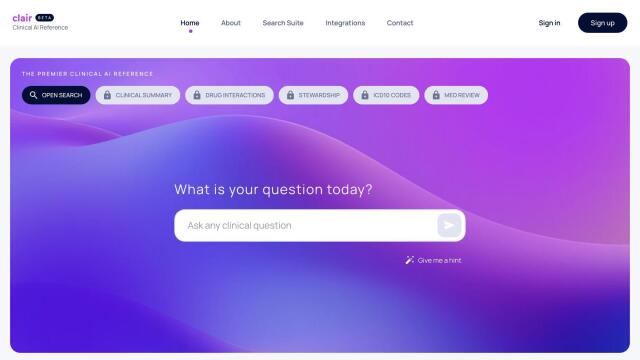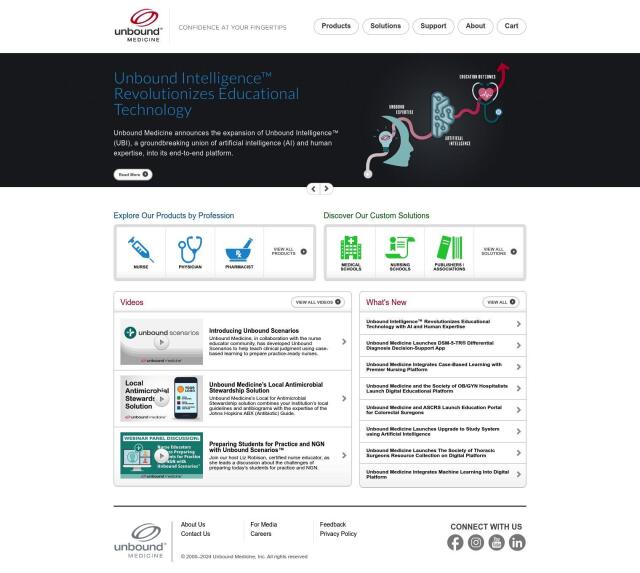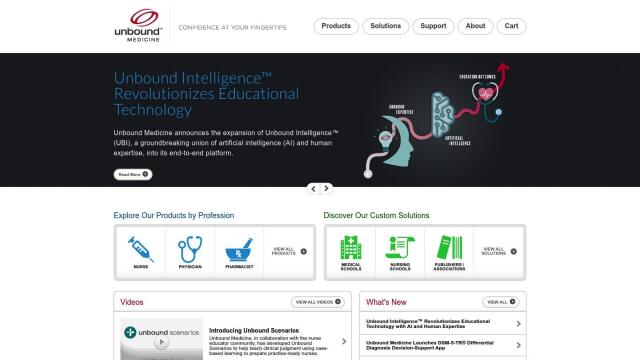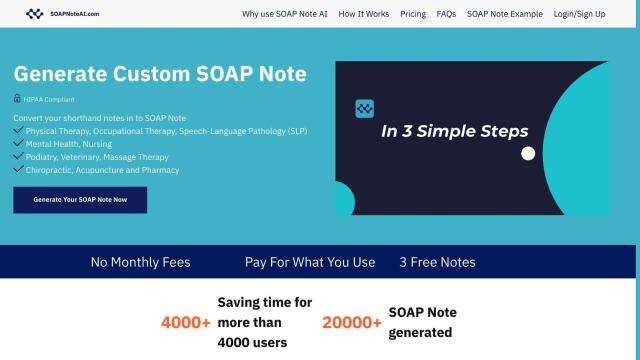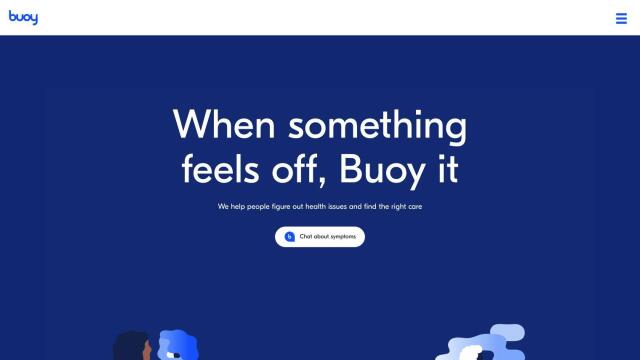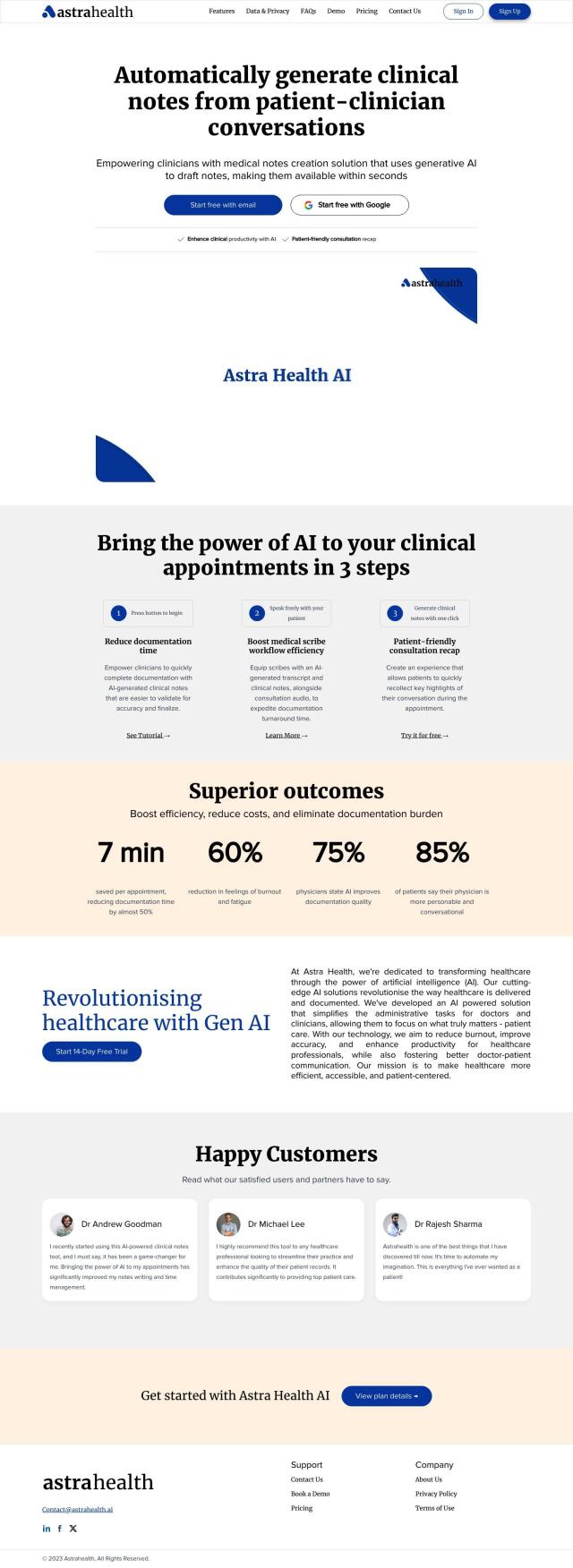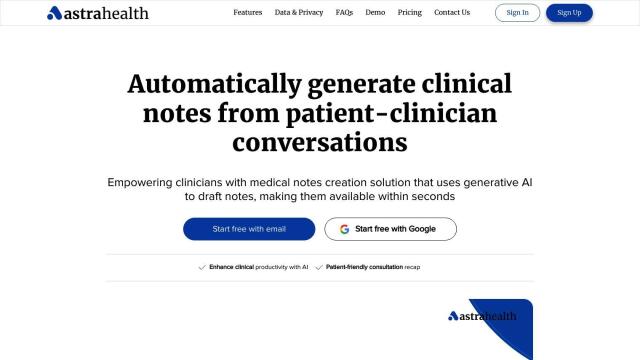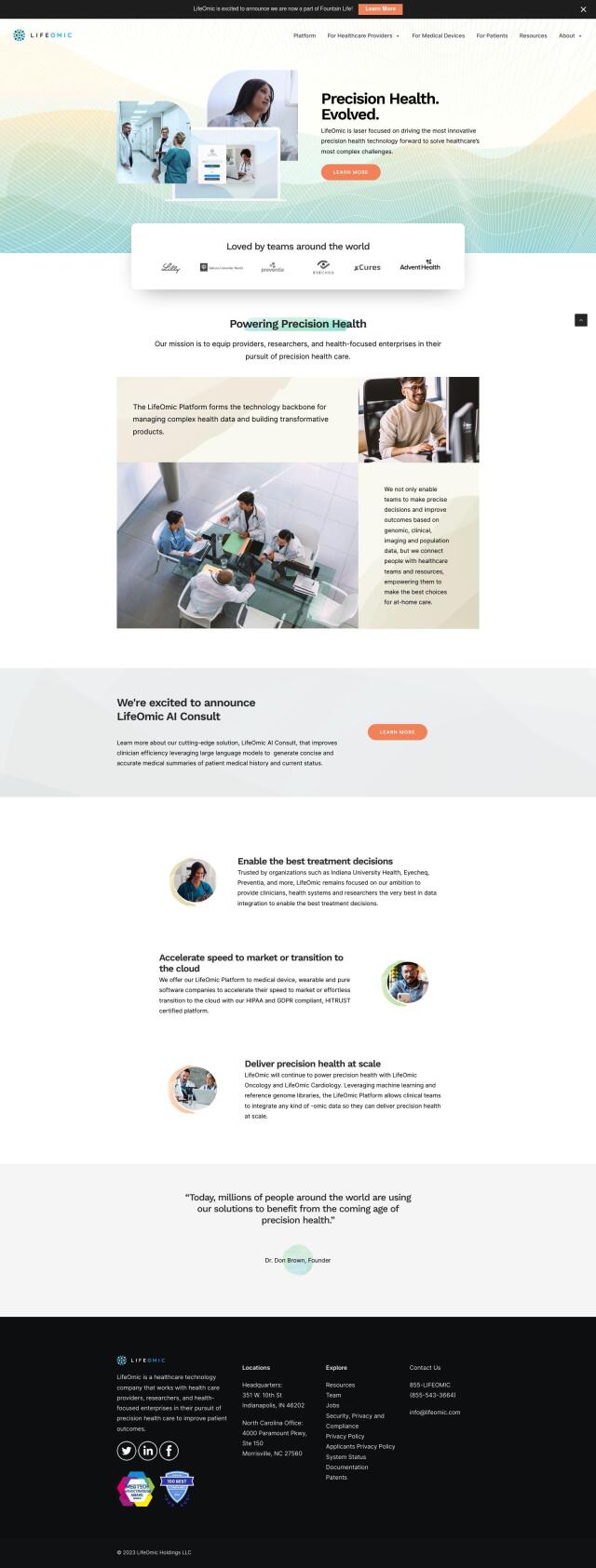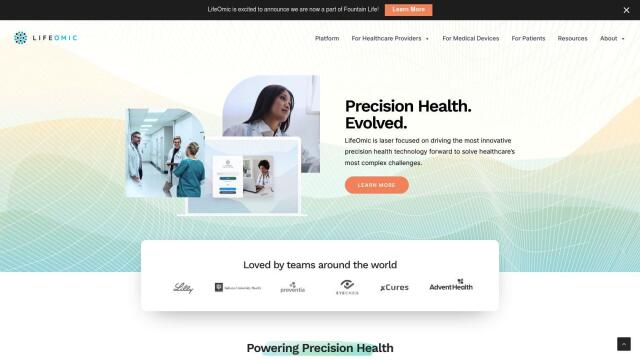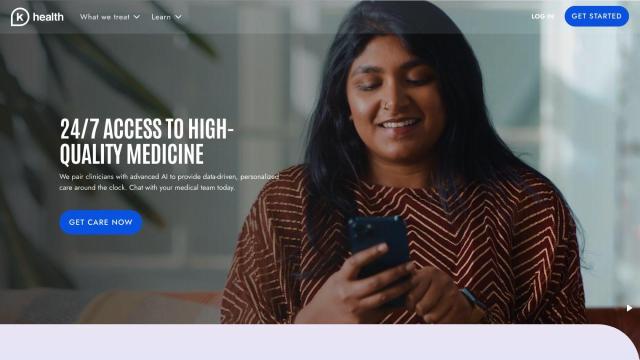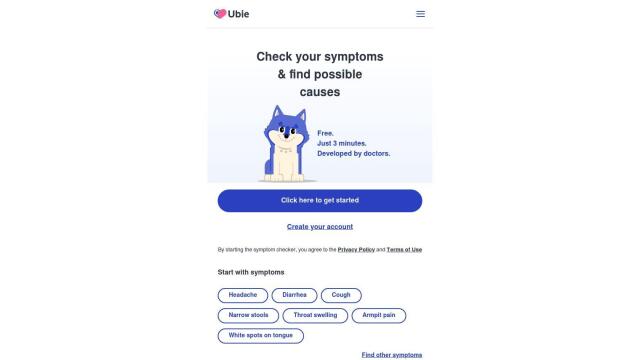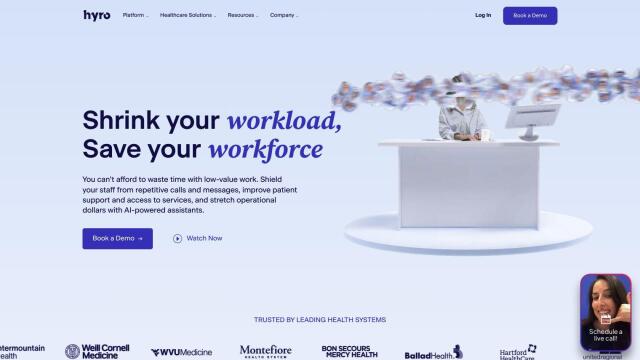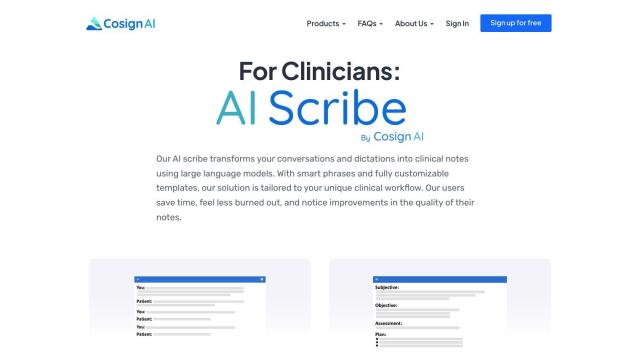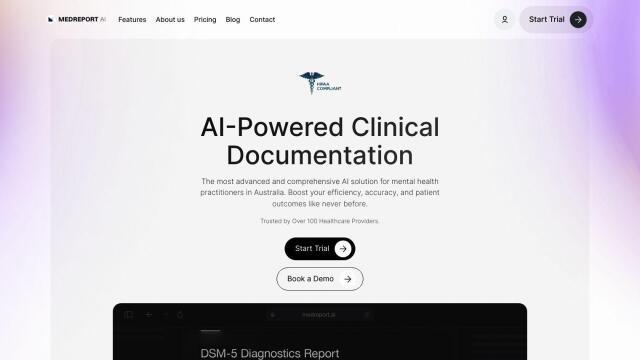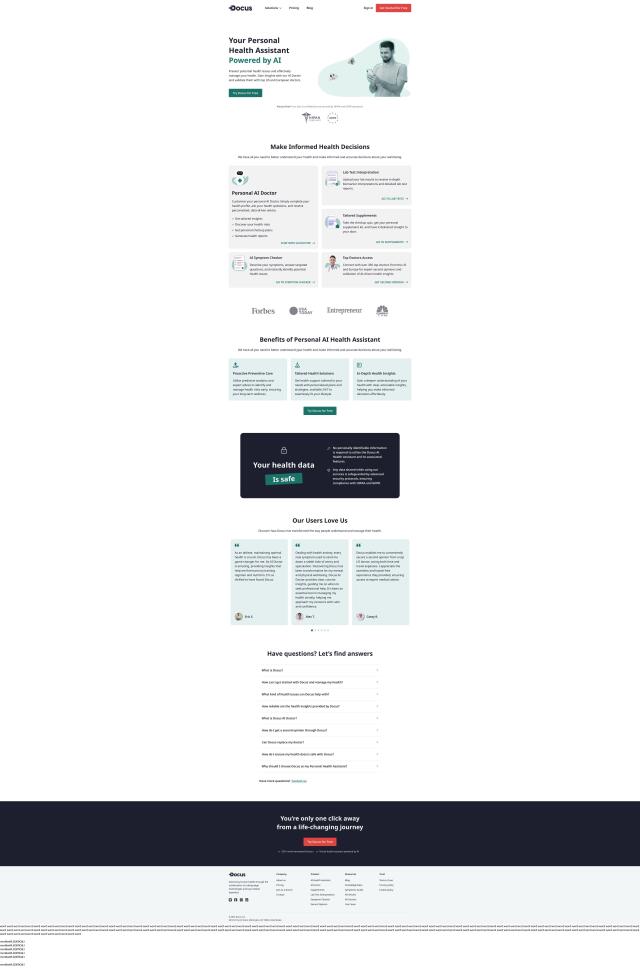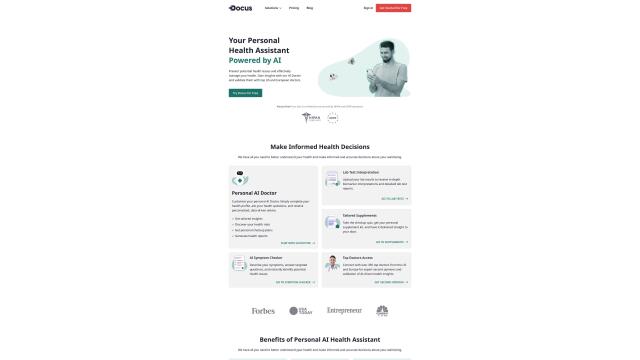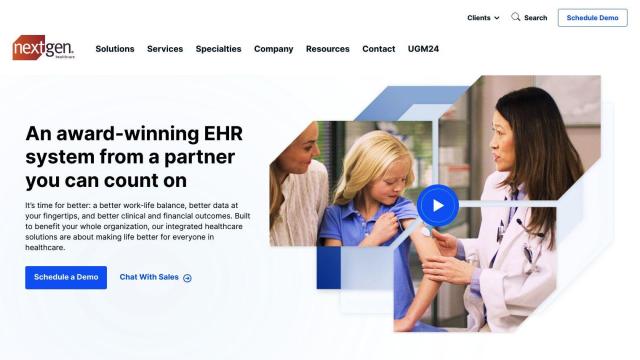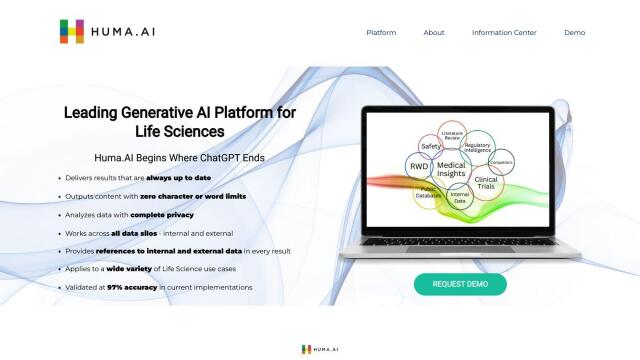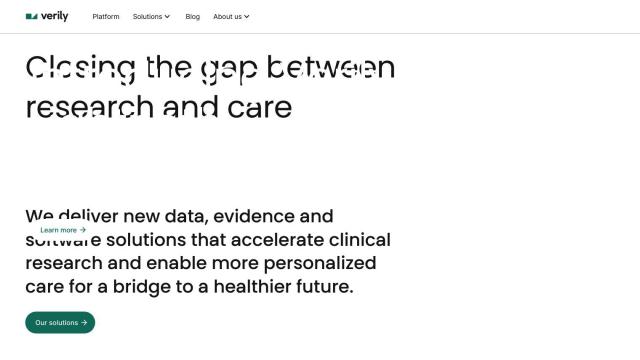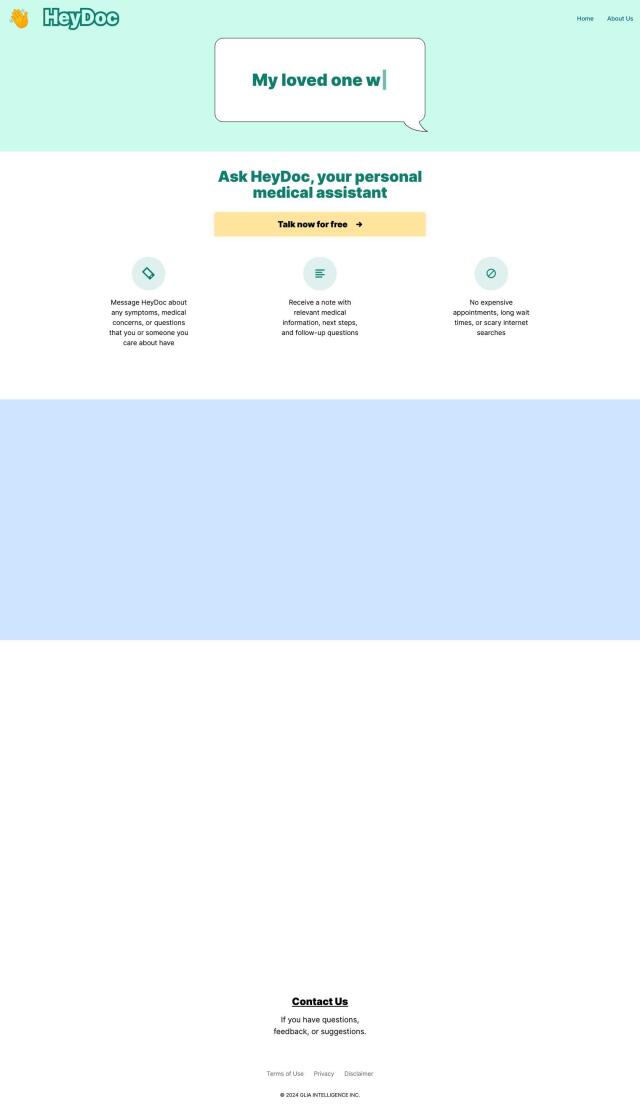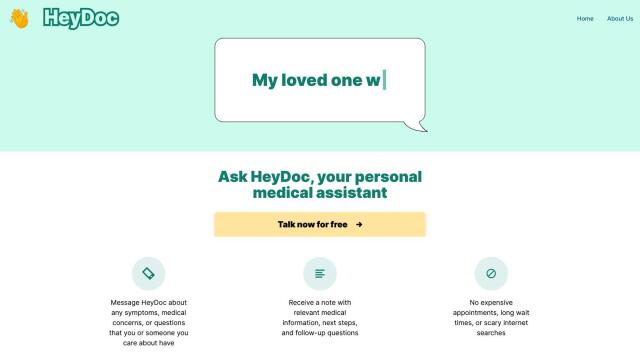Question: Is there a system that uses natural language processing to analyze patient summaries and suggest potential diagnoses?

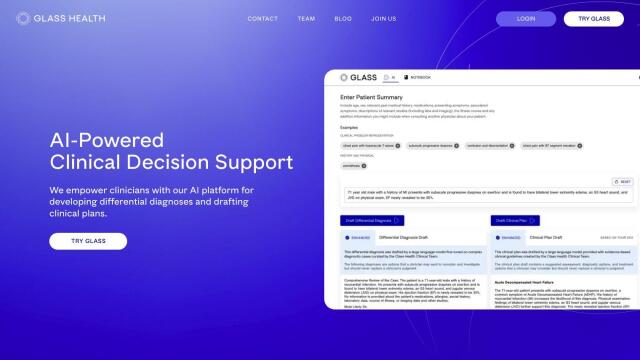
Glass
If you want a system that uses natural language processing to analyze patient summaries and make suggestions about what might be wrong, Glass is a good option. Glass is a clinical decision support platform that uses AI to help clinicians generate differential diagnoses and create clinical plans based on patient summaries. It marries a large language model with peer-reviewed clinical guidelines to offer evidence-based diagnostic and treatment suggestions, with the goal of improving diagnostic accuracy and patient outcomes.

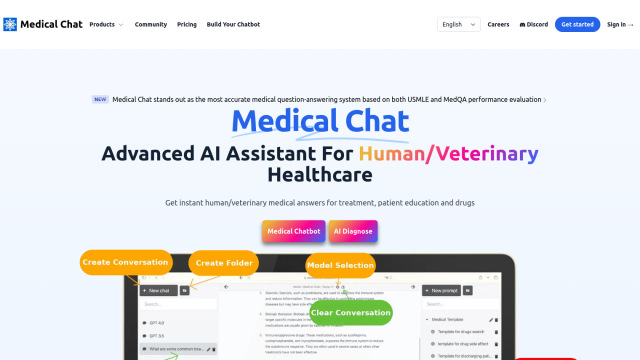
Medical Chat
Another option worth considering is Medical Chat, an AI-powered chatbot for healthcare professionals that can provide immediate medical advice and generate patient-specific clinic plans, including differential diagnoses and medication advice. It boasts high accuracy rates and covers both human and veterinary medicine, so it's a good option for health care professionals.

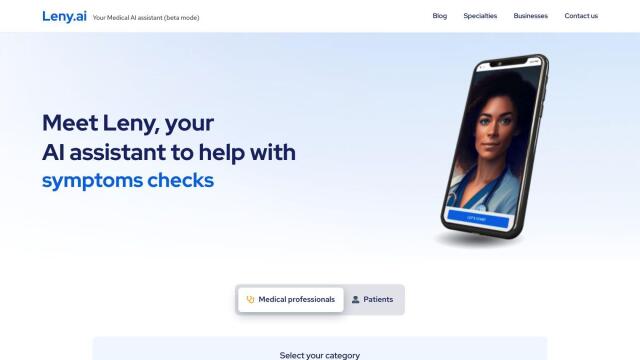
Leny
Leny also has a powerful option with its AI-powered medical assistant, which can provide immediate answers to medical questions, generate differential diagnoses and create treatment plans. It covers a range of medical specialties and is designed to save time and effort while providing a reliable source of medical information. Leny isn't HIPAA compliant, but it protects data security and privacy, so it can still be used for health care decision making.

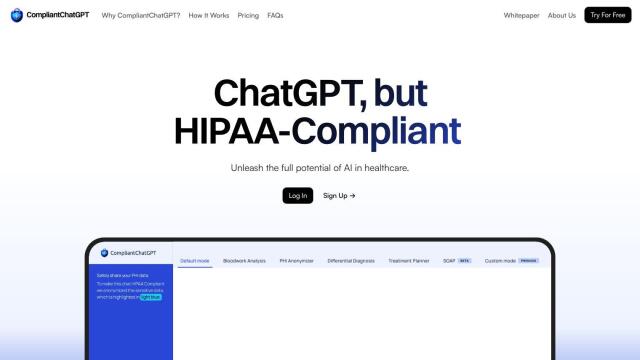
CompliantChatGPT
Last, CompliantChatGPT offers a HIPAA-compliant AI agent for health care professionals. It can interact with PHI while keeping data private and secure, and it offers modes for health care tasks like diagnosis and treatment planning. With customizable prompts and real-time SOAP note generation, CompliantChatGPT is designed to help health care professionals work more efficiently and accurately.

